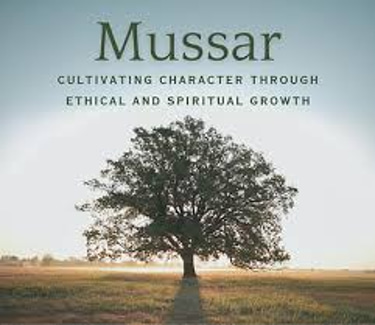How to Practice Trust
Practicing trust, whether in relationships, work, or personal growth, involves a combination of being open, vulnerable, and consistent. Here's how you can start practicing trust:
1. Start with Self-Trust
Self-awareness: Understand your thoughts, emotions, and actions. By knowing yourself, you can trust your instincts and make decisions confidently.
Self-compassion: Be kind to yourself when you make mistakes. Trust that you can learn and grow from challenges.
Set small goals: Build your trust in yourself by setting achievable goals and meeting them. This helps build confidence in your abilities.
2. Build Trust with Others
Be Consistent: Consistency is key. When you keep promises and behave in predictable ways, others will be more likely to trust you.
Communicate Openly: Honest and transparent communication creates an atmosphere of trust. Share your thoughts, feelings, and intentions clearly.
Be Vulnerable: Allow yourself to be open and share your fears or uncertainties with others. Vulnerability can foster deeper trust in relationships.
Show Empathy: Trust is built when you listen and understand others’ perspectives without judgment. Show that you care about their feelings and experiences.
Give Trust First: Sometimes, you have to take the first step. If you want others to trust you, trust them first. This can create a cycle of trust.
3. Practice Patience
Allow Time for Trust to Grow: Trust doesn’t happen overnight. Be patient with yourself and others as you build trust over time.
Respect Boundaries: Trust grows in an environment where boundaries are respected. Be mindful of others' limits and share your own.
4. Practice Forgiveness
Let Go of Past Betrayals: Trust can be damaged by past experiences, but learning to forgive helps rebuild it. This can be forgiving others or yourself.
Give Second Chances: If you feel comfortable, allow opportunities for others to prove themselves again. However, it’s important to protect yourself if trust is repeatedly broken.
5. Be Reliable
Follow Through on Commitments: Trust grows when others can count on you. If you say you'll do something, make it a priority to follow through.
Support Others: Stand by those you trust, whether emotionally, physically, or mentally. Being reliable for others strengthens relationships and trust.
6. Learn from Setbacks
Handle Disappointment with Grace: If trust is broken, don’t give up on the idea of trusting altogether. Instead, view setbacks as opportunities to learn and grow.
Reflect: Take time to reflect on why trust was broken and what can be done to repair or move forward. This helps you make better decisions moving forward.
By being mindful of these steps and practicing them consistently, you’ll find that trust in yourself and others becomes more natural.
Ethics
Explore spiritual growth through Mussar practice today.
© 2024. All rights reserved.
